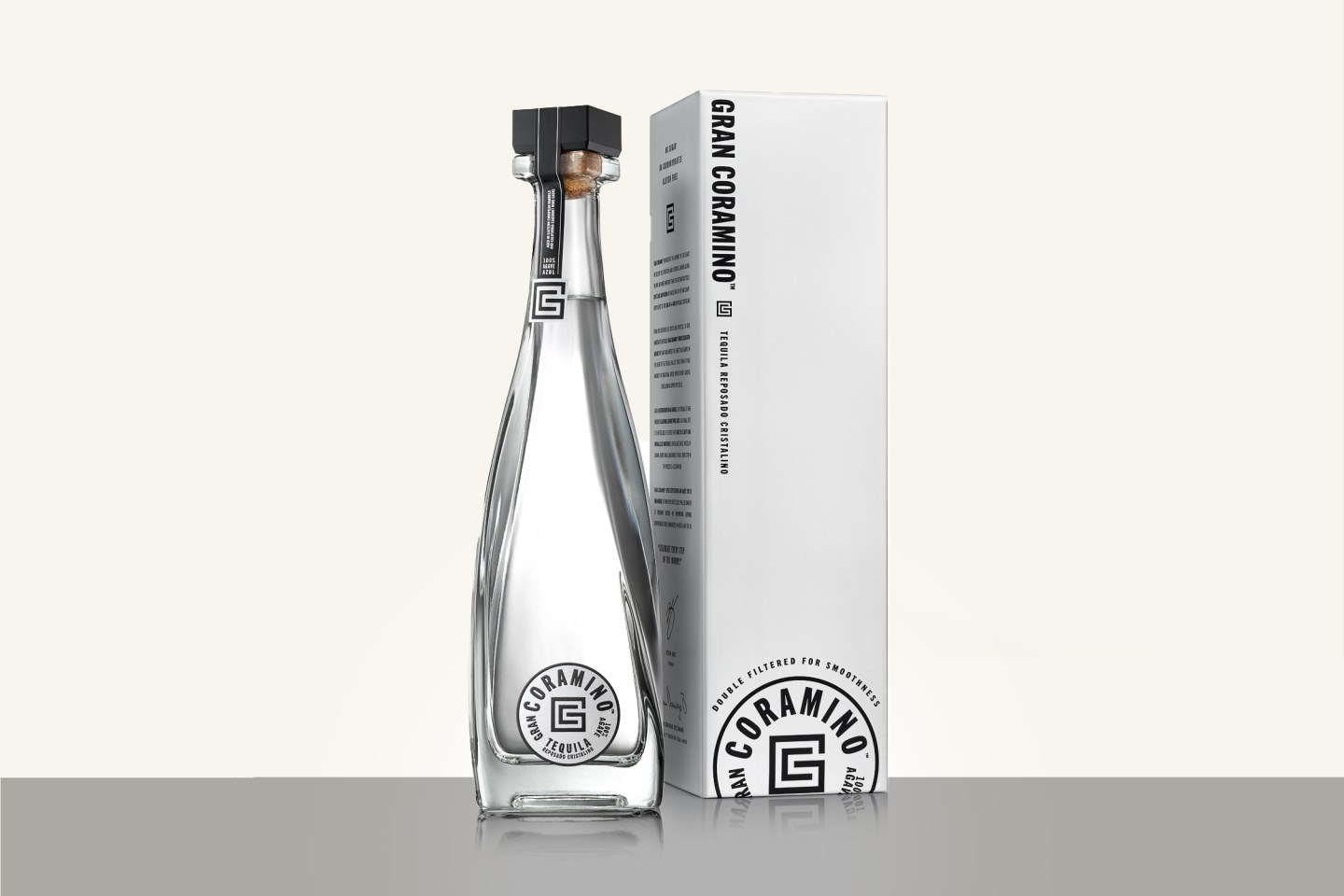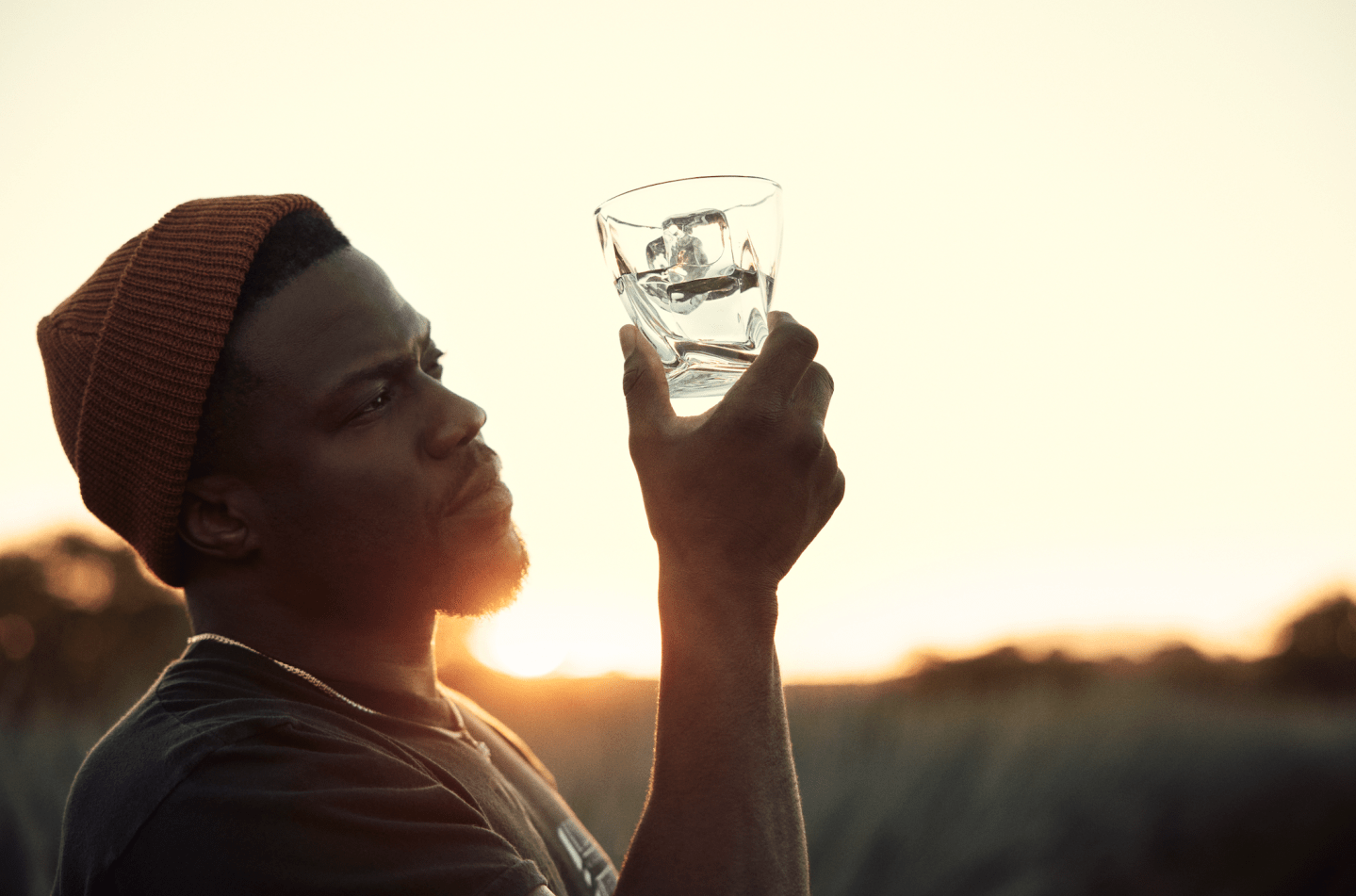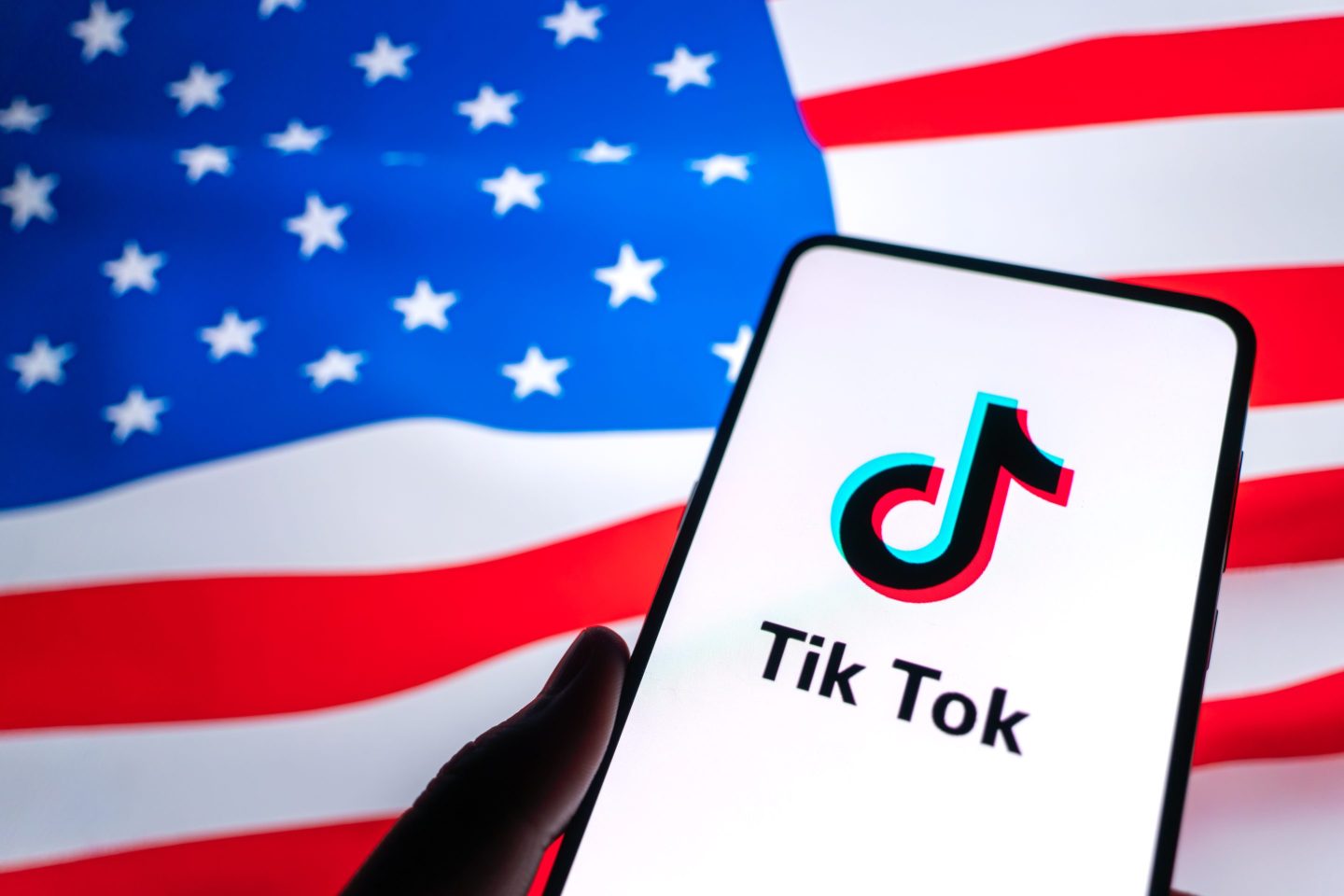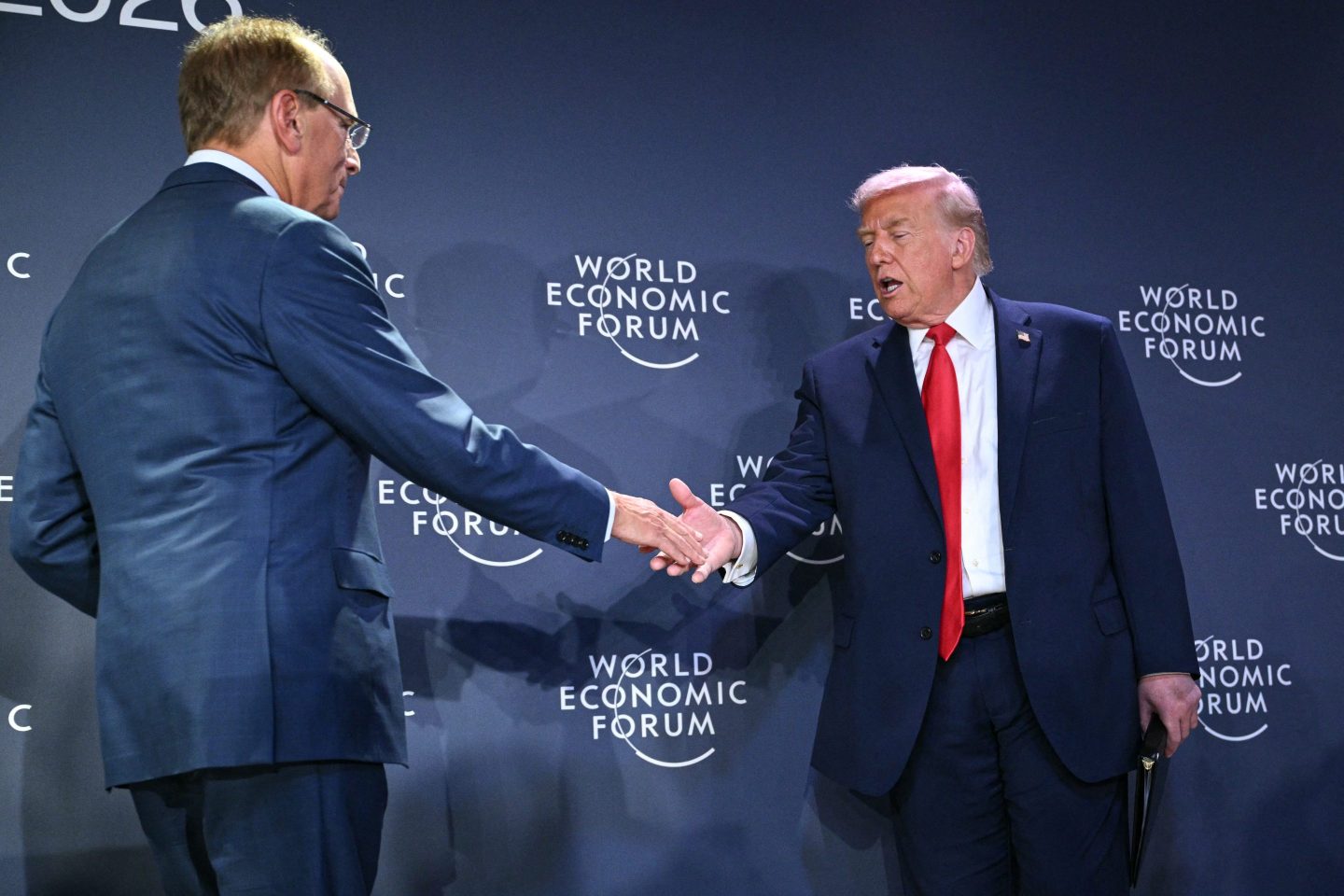Good afternoon. Fortune senior writer Trey Williams here, filling in for Ruth.
There’s no funny business when actor-comedian Kevin Hart talks about his newest venture, a tequila partnership with one of the oldest names in the industry, José Cuervo.
The liquor brand, Gran Coramino, launched last year and is just the latest in a recent string of businesses Hart has founded and investment deals he’s secured. In October, his venture capital firm Hartbeat Ventures received an undisclosed investment from J.P. Morgan, and he merged his Laugh Out Loud digital network and Hartbeat production business in April to create a new media and entertainment company, using a $100 million investment from private equity firm Abry Partners.
With investments in lifestyle brands like Mitchell & Ness, Rihanna’s Savage X, biotech company Tally Health, and wellness technology company Therabody, on top of the companies he’s founded—such as vegan fast-food chain Hart House, Hartbeat, and now Gran Coramino—Hart has in quick succession added another hyphenate to his name: businessman.
In 2020, he partnered with Global Brand Equities CEO James Morrissey—who has launched a whiskey with Grammy-nominated rapper A$ap Rocky and rosé with the musician Post Malone—and Jose Cuervo CEO Juan Domingo Beckmann, an 11th-generation tequila producer, to begin work on Gran Coramino. The tequila debuted in 2022, with the second-fastest sales growth for a new premium tequila (more than $50 a bottle) in the last two decades, according to beverage market research firm IWSR. And the brand sits in the top 5% in sales across the entire tequila category, according to Nielsen data.

It’s been a learning curve for the North Philadelphia native who grew up far removed from the world of business and investing, but the Jumanji and Ride Along actor has been at the table for every decision.
“There’s a big difference between slapping your name on something as a celebrity and actually owning it,” Hart tells Fortune. “This was an opportunity where I got to invest and be a part of the process from the ground up.” Alongside Beckmann, he helped develop the taste of the tequilas, the bottle, the marketing, and branding.
“I don’t think I’ve done anything to date where there’s a half effort or one foot in, one foot out approach,” Hart says. “Either you’re involved, navigating and operating in the ecosystem you’re creating, or you’re not.”
Hart is just the latest to join an incredibly flooded market of celebrities with tequila brands. That list includes the likes of Kendall Jenner, Dwayne “The Rock” Johnson, Lebron James, and George Clooney. Morrissey acknowledges this, stating that the tequila market is probably the most competitive and saturated it’s ever been. Still, he believes tequila will become the biggest spirits category over the next 10 years. According to a Nielsen report on the spirit’s market share, tequila is fast becoming one of the leading alcoholic beverages globally, and market research firm IMARC puts the global tequila market at roughly $15 billion and on track to hit $30 billion by 2028.
That growth, plus like-mindedness with Hart on effectively running a business, made the decision to collaborate on Gran Coramino an obvious choice for Morrissey.
“We’re in business with Kevin Hart, who, yes, is a well-known face and a well-recognized entertainer. But for us, it’s the entrepreneurship he brings to the table,” Morrissey says. “When we got to see how he operates as a businessman, that was truly impressive.”
Trey Williams
@Trey3Williams
trey.williams@fortune.com
What’s Trending
After BLM. S&P 100 companies grew their headcount by some 320,000 people in 2021. People of color accounted for 94% of that headcount increase. The trend persisted even in high-paid jobs at the top of the ladder, with greater racial diversity among managers and executives. Bloomberg
Maintaining focus. Despite backlash to corporate diversity efforts, major marketing teams are still investing in diverse suppliers, DEI consultants, and campaigns that target consumers from underrepresented backgrounds. Many marketers see DEI as essential for selling their products and services to a broader audience. WSJ
Corporate sequel. Edward Blum, the anti-affirmative action activist who successfully challenged race-conscious college admissions policies, is trying to bulldoze corporate diversity programs by using a Civil War-era law created to protect formerly enslaved Black people from racial bias. Reuters
The Big Think
Scouting for diverse candidates can feel..."icky." For white hiring managers, it sometimes creates the sense that companies are "shopping" for people of color or objectifying them as a commodity. That feeling can lead to discomfort and the sense that employers aren't trying to boost representation for the right reasons. New research from Harvard Business School assistant professor Summer Jackson gives a name to the feeling: “repugnant market concerns." HBS













